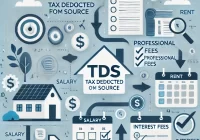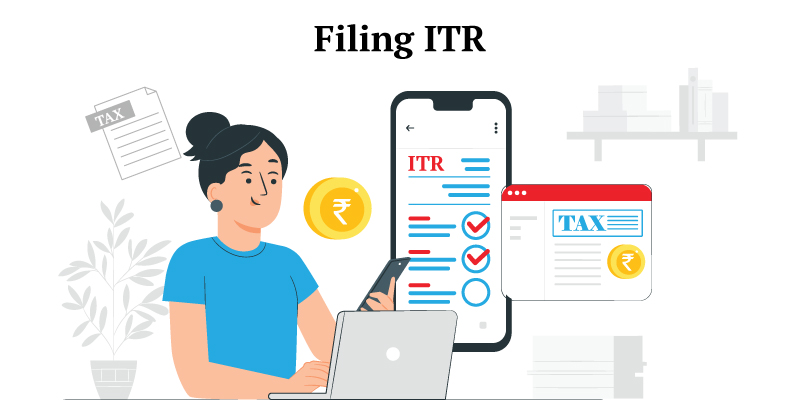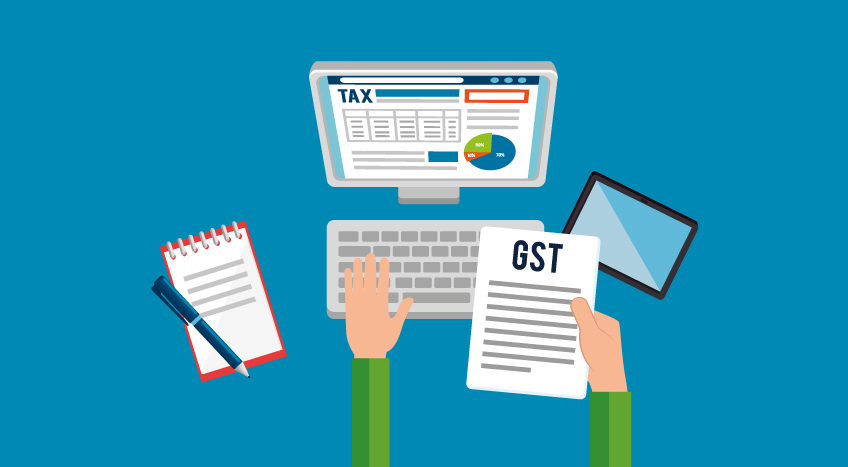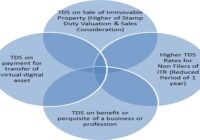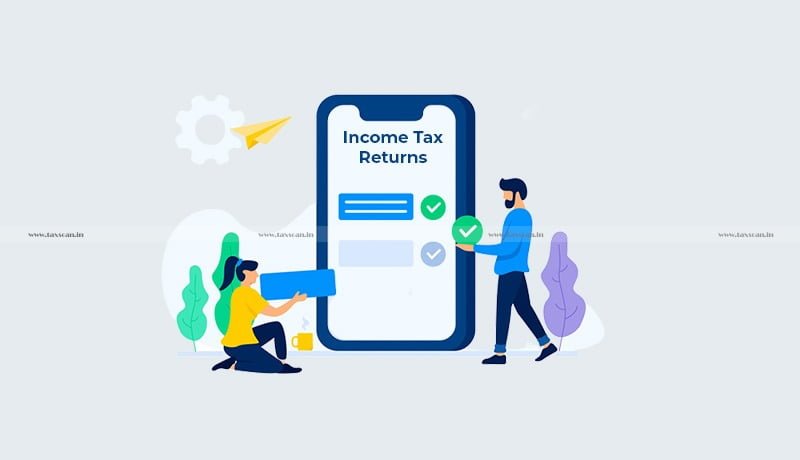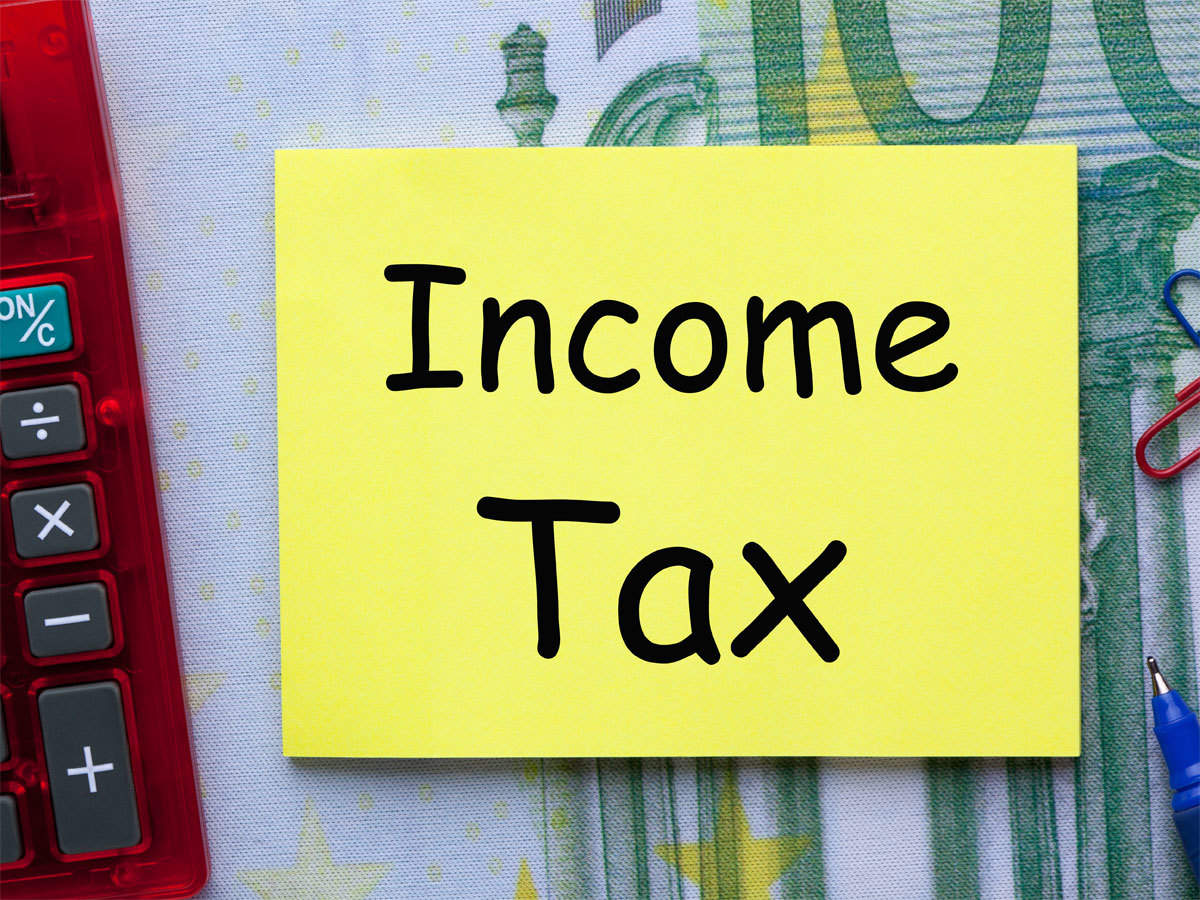TDS compliance due dates?
Introduction Tax Deducted at Source (TDS) is a critical component of the Indian taxation system designed to collect tax at the source of income. The system ensures that tax liabilities are cleared at the point of income generation, thereby minimizing tax evasion and improving government revenue collection. Understanding TDS compliance due dates is essential for… Read More »
